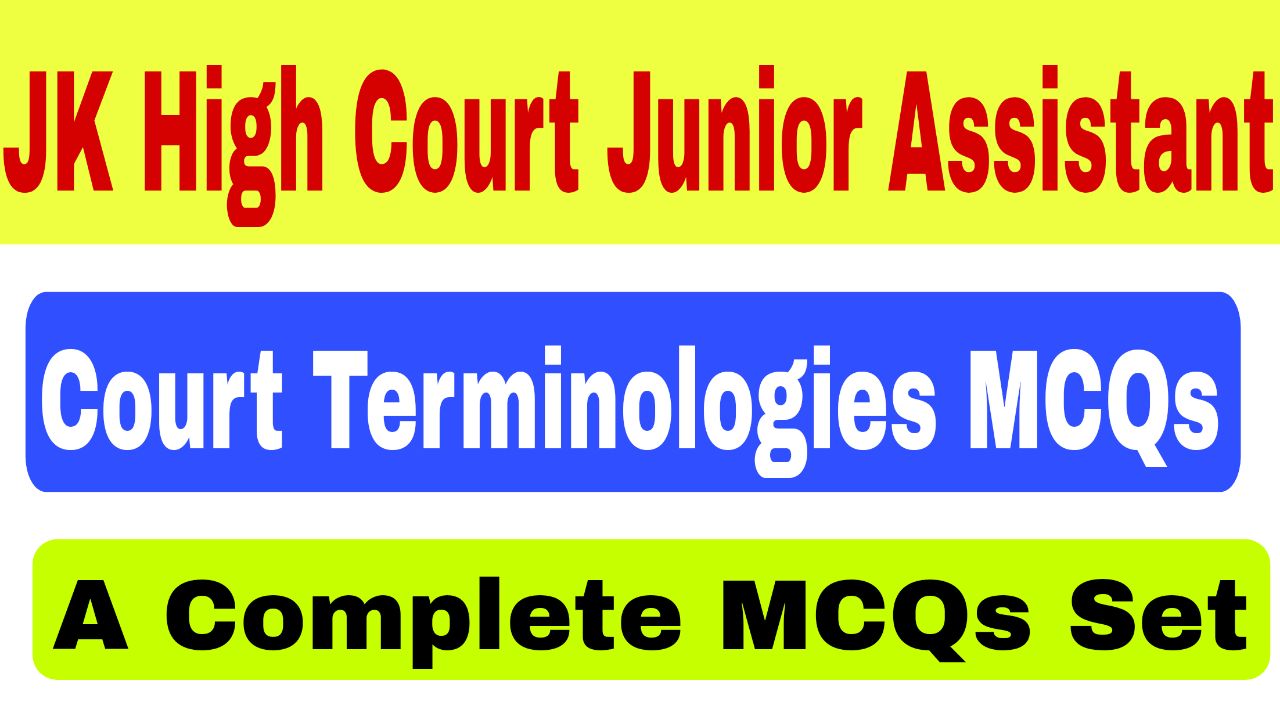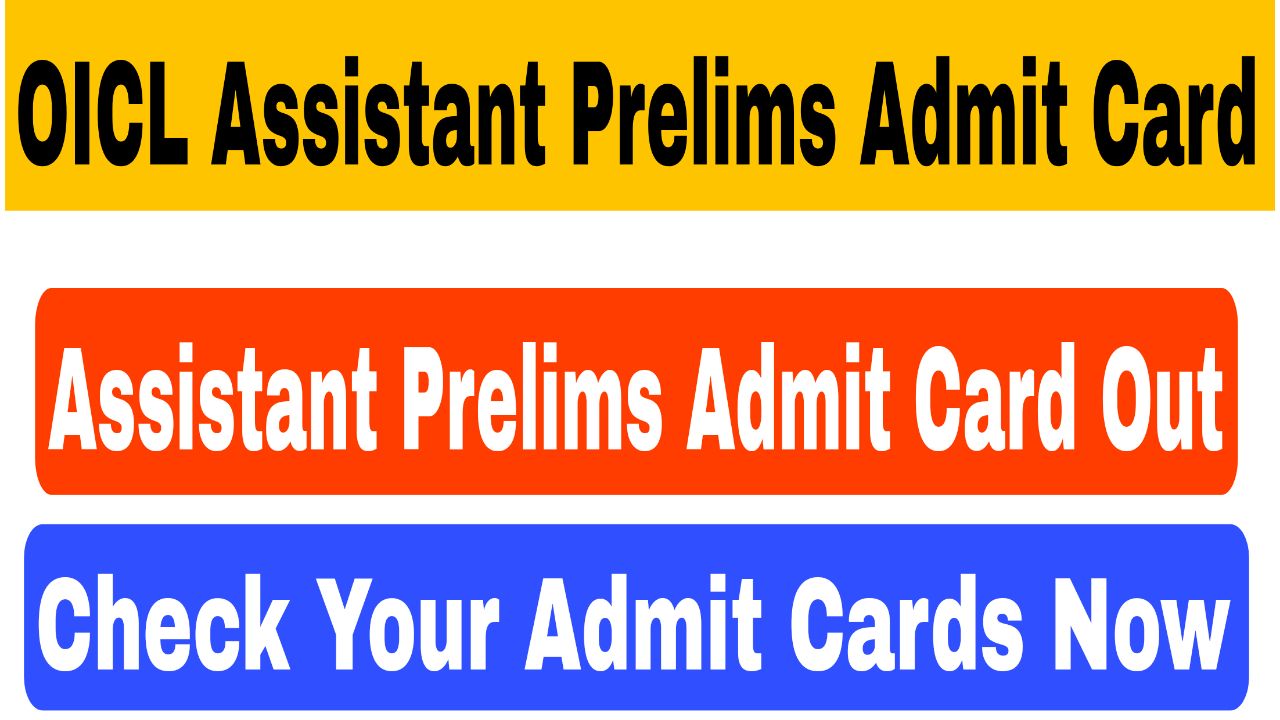Candidates preparing for upcoming Jammu & Kashmir High Court Junior Assistant examination know that “Job Related Awarness” is important part of your syllabus. Today we provide all important MCQs of Court Terminologies which you will see in the upcoming examinations and these MCQs is well prepared exactly the way asked in JK High Court Junior Assistant examinations.
1. What does the term “Acquittal” mean?
A) A guilty verdict
B) A case dismissal due to lack of evidence
C) A conclusion that the accused is not guilty
D) A temporary release of the accused
Answer: C
2. An “Affidavit” is:
A) A verbal statement made in court
B) A written document sworn under oath
C) A judgment passed by the court
D) A type of bail bond
Answer: B
3. “Bail” involves:
A) Permanent release from custody
B) Temporary release of the accused with conditions
C) Final judgment of a case
D) Sentencing of the accused
Answer: B
4. A “Decree” is:
A) A preliminary hearing notice
B) A formal order that resolves a case conclusively
C) A type of appeal
D) A witness summons
Answer: B
5. The term “Plaintiff” refers to:
A) The accused in a criminal case
B) The party who initiates a lawsuit
C) A court official
D) A public prosecutor
Answer: B
6. “Adjournment” means:
A) Dismissal of a case
B) Postponement of a hearing to a later date
C) Final judgment
D) Execution of a court order
Answer: B
7. An “Appeal” is:
A) A request to postpone a trial
B) A process to challenge a court’s decision in a higher court
C) A type of affidavit
D) A witness testimony
Answer: B
8. “Summons” is:
A) A court’s final judgment
B) A document ordering a person to appear in court
C) A bail agreement
D) A type of lawsuit
Answer: B
9. “Habeas Corpus” is a writ that:
A) Challenges the legality of a person’s detention
B) Orders a lower court to send records of a case
C) Prevents a person from performing a specific act
D) Allows a prisoner to be released on bail
Answer: A
10. “Ex Parte” refers to:
A) A decision made without both parties present
B) A joint agreement between parties
C) A type of appeal
D) A court decree
Answer: A
11. “Obiter Dictum” means:
A) A binding decision
B) A judge’s incidental remark not essential to the decision
C) The final order of the court
D) A dissenting judgment
Answer: B
12. “Res Judicata” prevents:
A) New evidence from being presented
B) The same case from being re-litigated
C) Appeals to higher courts
D) The execution of decrees
Answer: B
13. “Mandamus” is a writ that:
A) Orders a public official to perform a duty
B) Prevents an action from being taken
C) Challenges detention legality
D) Orders records from a lower court
Answer: A
14. “Amicus Curiae” refers to:
A) A party to the case
B) A friend of the court who assists on legal issues
C) The judge’s clerk
D) A court-appointed lawyer
Answer: B
15. “Locus Standi” means:
A) The place of the crime
B) The right to bring a legal action
C) The court’s jurisdiction
D) The evidence presented
Answer: B
16. The Jammu & Kashmir High Court is located in:
A) Jammu only
B) Srinagar only
C) Both Jammu and Srinagar
D) Leh
Answer: C
17. Under the J&K Reorganization Act, 2019, the High Court of J&K is:
A) Abolished
B) Converted into a district court
C) Continued as a common High Court for UT of J&K and UT of Ladakh
D) Merged with the Supreme Court
Answer: C
18. The official language(s) of the J&K High Court is/are:
A) Urdu only
B) English only
C) Both Urdu and English
D) Hindi only
Answer: C








